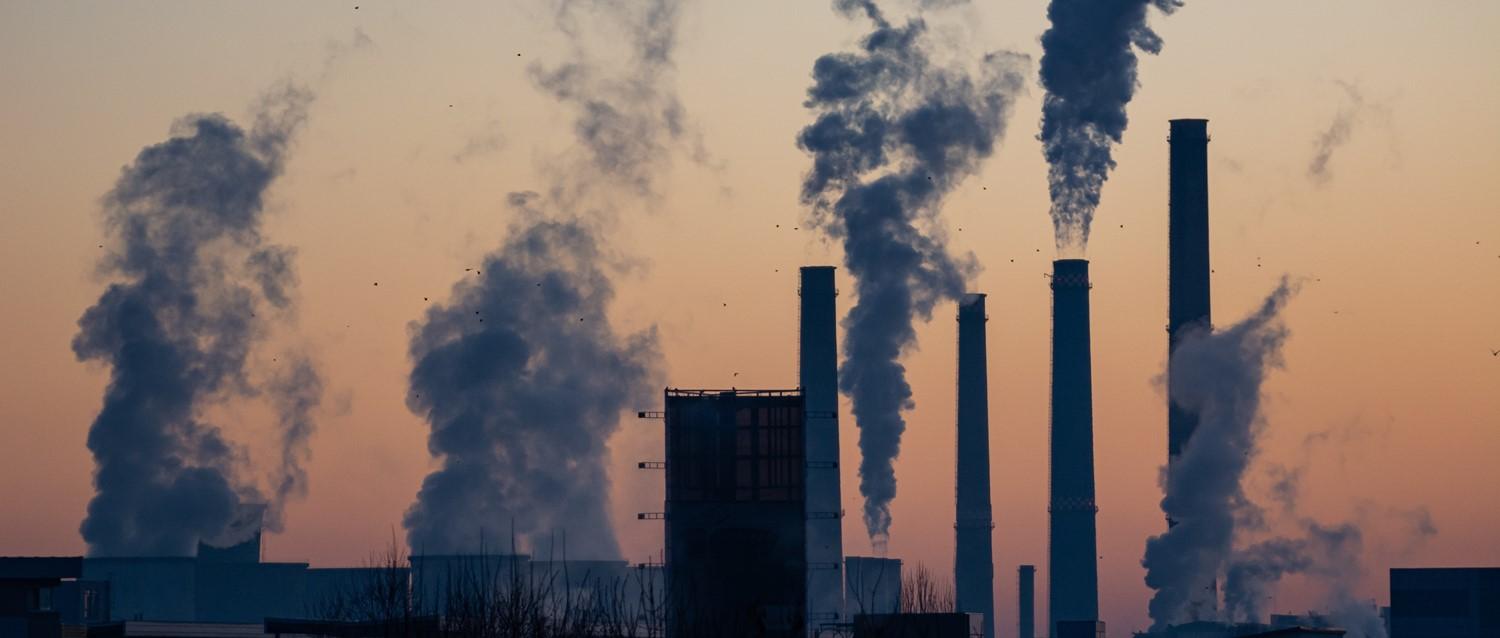
Pourquoi la pollution de l'air est-elle si dangereuse pour vos poumons ?
Peer reviewed by Dr Colin Tidy, MRCGPLast updated by Dr Sarah Jarvis MBE, FRCGPLast updated 30 Jun 2020
- TéléchargerTélécharger
- Partager
It goes without saying that the best way to keep your lungs healthy is not to smoke cigarettes - and it's never too late to quit. But the relentless rise of cars and other fossil fuel-burning machines means that our lungs are also under threat from pollution. How can you protect your lungs when just breathing could be putting you at risk?
Dans cet article :
During the industrial revolution, there was little awareness of quite how much damage could be done to healthy people's lungs by pollution - largely because we'd never had it on such a huge scale before. But we have known for a long time that clean air is good for the lungs - after all, patients with 'consumption' (tuberculosis) used to be sent to the mountains to breathe the fresh air.
Poursuivre la lecture ci-dessous
Toxic gases
Long gone, fortunately, are the days of the old 'London Smog', where thousands of people died every year from complications of the blanket of pollution that covered the city. In the UK, we don't tend to see the same very high levels as the world's highest-ranking polluted cities, Beijing, New Delhi, Santiago in Chile and Mexico City.
The combination of sulfur dioxide (produced when fossil fuels are burned, and the major culprit in acid rain) and nitrogen dioxide from motor vehicles and generators, is a toxic mix. Cities like Los Angeles, surrounded on three sides by mountains, find their pollutants trapped under a layer of warm air and unable to escape. But low wind speeds in the UK can have a similar effect, with pollutants not being blown away.
Health risk
We now have a much better understanding of how air pollution does its damage. As well as toxic gases, tiny particles, known as particulate matter, or PM, can reach deep into your body. As well as damaging your lungs, the smaller particles can actually get into your bloodstream, reaching your heart and even your brain. So pollution has now been linked with a higher risk of heart attack and possibly even stroke and dementia.
But first and foremost, air pollution affects your lungs. We breathe in a new lungful of air 15-20 times a minute. Deep inside the lungs, this air meets a network of tiny blood vessels with very thin walls. Oxygen from the air is transferred into the blood across these walls, going on to supply all the organs of the body; and carbon dioxide produced by the body is passed from the blood and breathed out. Just as with tobacco smoke, pollution can clog and irritate the lining of the lungs.
The risk is bigger if you already have lung diseases, like COPD or asthma. And pollution levels are much higher at some times of year than others. If you have lung problems, make sure you get your flu vaccine, as infection can damage your lungs permanently. And do take 'preventer' inhalers regularly if prescribed - they help keep your airways open.
Choix des patients pour Les conditions environnementales

Santé générale et mode de vie
Comment la pollution de l'air affecte-t-elle votre santé ?
Le Premier ministre britannique, Rishi Sunak, a reporté de 2030 à 2035 l'interdiction de la vente de nouvelles voitures à essence et diesel. À l'occasion de la Journée mondiale sans voiture, nous examinons les effets de la pollution atmosphérique sur la santé et les niveaux nocifs au Royaume-Uni.
par Amberley Davis

Santé générale et mode de vie
Épuisement par la chaleur et coup de chaleur
Les risques d'une exposition excessive de la peau au soleil sont bien connus. L'excès de soleil augmente le risque de cancer de la peau, et la brûlure présente un risque particulièrement élevé de mélanome malin. Mais à court terme, l'excès de chaleur entraîne également un risque d'épuisement par la chaleur qui, s'il n'est pas traité, peut conduire à un coup de chaleur potentiellement mortel.
par le Dr Doug McKechnie, MRCGP
Poursuivre la lecture ci-dessous
Preparing for pollution
Get into the habit of finding out what pollution levels are on a day-to-day basis. Levels can vary dramatically depending on where you are and what the weather's like. It's time to use your tech to keep up to date. The Met Office has hundreds of weather stations all across the country which put out daily reports not just on the chance of rain but also on air pollution levels. You can find them online.
Once you know what pollution levels are on any given day, take them into account. When you do go out, plan your trip as much as possible to avoid busy roads. Pollution levels drop sharply even a couple of metres away from heavy traffic. Pollution builds up easily in built-up areas full of tall buildings, where air can't circulate.
If you have heart or lung problems, consider putting off any strenuous outdoor activity until levels are lower. As soon as you start exercising, you breathe harder and faster, usually through your mouth. This means you take in more air and don't filter pollution out through your nose in the same way. But even if you have lung problems, the benefits of exercise vastly outweigh any risks from pollution in the long term. So exercise, but do it safely.
Nous remercions le magazine My Weekly, où cet article a été publié à l'origine.
Historique de l'article
Les informations contenues dans cette page ont été évaluées par des cliniciens qualifiés.
30 Jun 2020 | Latest version

Demandez, partagez, connectez-vous.
Parcourez les discussions, posez des questions et partagez vos expériences sur des centaines de sujets liés à la santé.

Vous ne vous sentez pas bien ?
Évaluez gratuitement vos symptômes en ligne